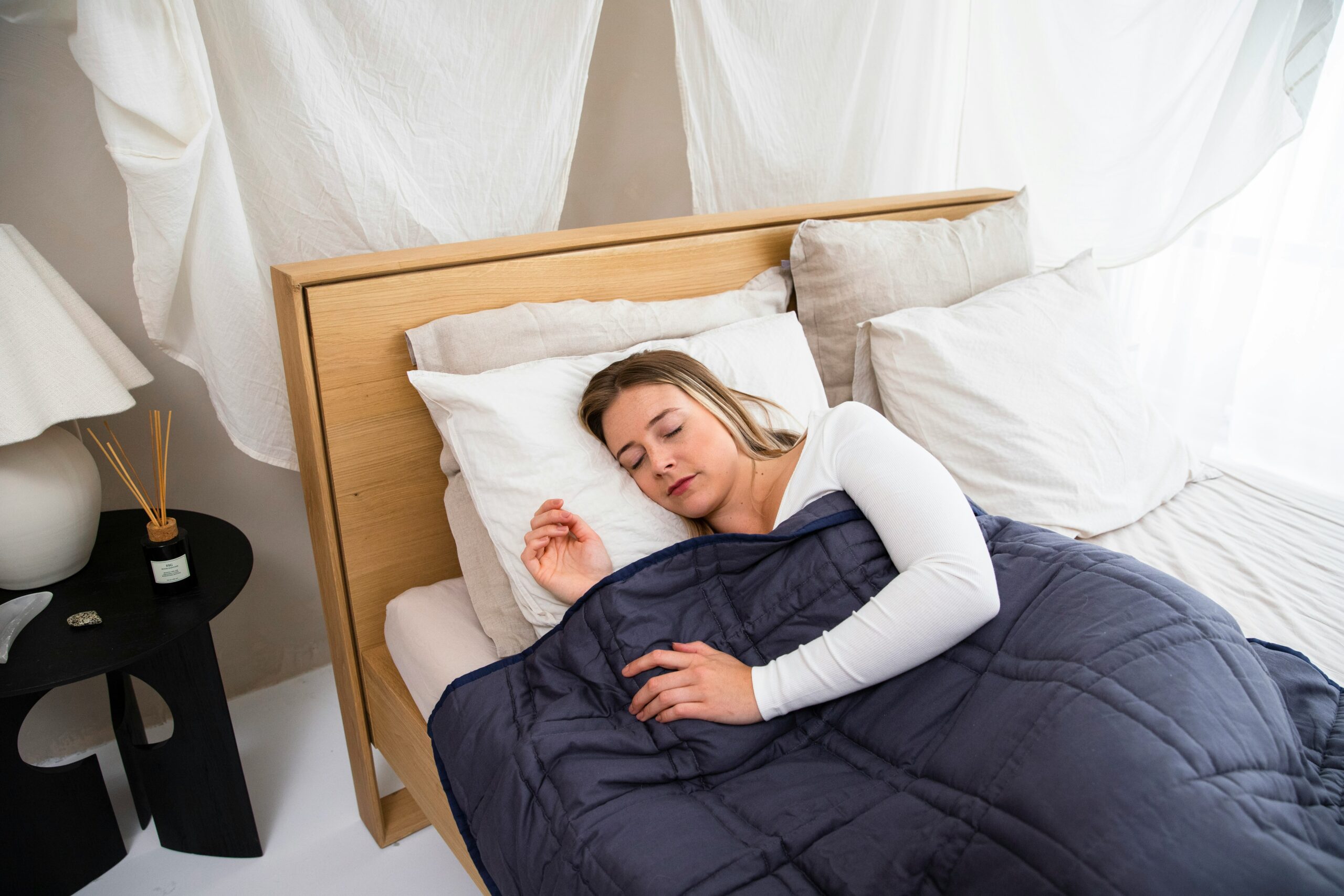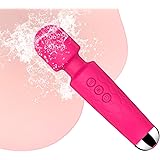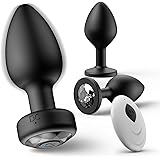The Importance of Sleep for Your Sex Life: Understanding the Connection Between Rest and Desire

The Importance of Sleep for Your Sex Life: Understanding the Connection Between Rest and Desire
Executive Summary
Are you struggling with a low libido or experiencing difficulties in the bedroom? You might be surprised to learn that the answer could lie in something as seemingly simple as your sleep. This comprehensive guide explores the crucial link between sleep and sex drive, revealing how prioritizing rest can significantly improve your intimacy and overall sexual well-being. We’ll delve into the hormonal imbalances, mental health benefits, and physical rejuvenation that quality sleep provides, offering practical advice to enhance both your sleep and your sex life. Discover how getting enough rest can unlock a more satisfying and passionate relationship with your partner and yourself.
Introduction
Sleep and sex might seem like unrelated aspects of life, but the truth is, they’re deeply intertwined. A lack of sleep can significantly impact your libido, energy levels, and overall sexual satisfaction. This article explores the complex connection between sleep and sex, explaining why prioritizing rest is essential for a healthy and vibrant sex life. We’ll examine the biological mechanisms at play and offer practical tips to improve both your sleep and your sexual well-being. Getting a good night’s sleep isn’t just about feeling rested; it’s about unlocking your full potential for intimacy and pleasure.
Frequently Asked Questions
- Q: How much sleep do I really need for optimal sexual health? A: Most adults need 7-9 hours of quality sleep per night. Falling short consistently can negatively affect your hormones and energy levels, impacting your libido.
- Q: Can sleep deprivation actually cause erectile dysfunction? A: Yes, absolutely. Sleep deprivation contributes to hormonal imbalances, stress, and reduced blood flow, all of which can impair erectile function.
- Q: My partner and I are both struggling with sleep. How can we improve this together? A: Establish a relaxing bedtime routine, optimize your sleep environment (dark, quiet, cool), and consider seeking professional help if sleep problems persist. Supporting each other’s sleep hygiene is key to improving both your individual and shared well-being.
The Impact of Hormones on Libido
Sleep plays a vital role in regulating hormones crucial for sexual desire and function. Insufficient sleep disrupts the delicate balance of these hormones, potentially leading to a decreased libido.
- Testosterone: In men, testosterone levels are significantly affected by sleep deprivation. Consistent lack of sleep can lead to lower testosterone, impacting sexual drive and performance.
- Estrogen: In women, estrogen levels fluctuate throughout the menstrual cycle and are sensitive to sleep disturbances. Poor sleep can disrupt this delicate balance, impacting libido and fertility.
- Cortisol: The stress hormone cortisol, when elevated due to lack of sleep, can suppress libido. High cortisol levels interfere with the production and function of other sex hormones.
- Growth Hormone: This hormone, vital for cell regeneration and repair, is primarily released during sleep. Insufficient sleep reduces growth hormone production, affecting physical energy and potentially impacting sexual performance.
- Leptin and Ghrelin: These hormones regulate appetite. Sleep deprivation throws these hormones out of balance, leading to increased hunger and weight gain, which can negatively affect self-esteem and libido.
The Role of Stress and Mental Health
Chronic stress and poor mental health are frequently linked to sleep problems and low libido. The connection is bidirectional – poor sleep exacerbates stress and anxiety, and vice-versa.
- Anxiety and Depression: These conditions are frequently associated with sleep disturbances and can significantly impact sexual desire and function. Addressing mental health concerns is crucial for improving both sleep and sexual well-being.
- Stress Management Techniques: Practicing relaxation techniques like meditation, yoga, or deep breathing can improve sleep quality and reduce stress levels, potentially boosting libido.
- Cognitive Behavioral Therapy (CBT): CBT can be highly effective in addressing sleep disorders and anxiety, leading to improved sleep and a more positive outlook on sex.
- Communication with Partner: Openly communicating about stress levels and sexual concerns can strengthen intimacy and foster mutual support. Addressing these issues together can significantly improve both sleep and the sexual relationship.
- Professional Help: Don’t hesitate to seek professional help from a therapist or counselor if you’re struggling with stress, anxiety, or depression impacting your sleep and sex life.
Physical Rejuvenation and Energy Levels
Adequate sleep allows your body to repair and rejuvenate itself, impacting both physical and mental energy levels. This is crucial for sexual health and performance.
- Physical Endurance: Sufficient sleep improves physical stamina and energy, enhancing sexual performance and stamina.
- Muscle Recovery: Sleep is essential for muscle repair and recovery. This is especially important for individuals who exercise regularly, as physical fitness directly correlates with sexual energy.
- Improved Blood Flow: Sleep deprivation constricts blood vessels, impairing blood flow to all parts of the body, including the genitals. Adequate sleep promotes healthy blood circulation, essential for sexual function.
- Immune System Support: Sleep plays a crucial role in supporting a healthy immune system. A strong immune system is vital for overall health and well-being, indirectly impacting sexual health.
- Enhanced Sensory Perception: Sufficient sleep enhances sensory perception, increasing sensitivity and enjoyment during sexual activity.
The Importance of Sleep Hygiene
Improving your sleep hygiene—the habits and practices that promote good sleep—is critical for boosting both your sleep quality and your sex life.
- Consistent Sleep Schedule: Go to bed and wake up at the same time every day, even on weekends, to regulate your body’s natural sleep-wake cycle.
- Create a Relaxing Bedtime Routine: Engage in calming activities before bed, such as reading, taking a warm bath, or listening to relaxing music. Avoid screen time for at least an hour before sleep.
- Optimize Your Sleep Environment: Ensure your bedroom is dark, quiet, and cool. Invest in comfortable bedding and consider using blackout curtains or earplugs if needed.
- Regular Exercise: Regular physical activity can improve sleep quality, but avoid intense workouts close to bedtime.
- Dietary Considerations: Avoid caffeine and alcohol before bed. A light, healthy dinner can also improve sleep.
The Connection Between Sleep and Sexual Satisfaction
The benefits of prioritizing sleep extend beyond simply improving your libido; it enhances your overall sexual experience. Adequate sleep promotes better emotional regulation, increased energy levels, and improved physical stamina, leading to a more satisfying and fulfilling sexual life. Moreover, good sleep fosters improved communication and intimacy with your partner, enhancing connection and satisfaction in the relationship. When you’re rested and feeling good about yourself, your sex life benefits immeasurably.
Conclusion
The connection between sleep and a healthy sex life is undeniable. Prioritizing quality sleep isn’t just about feeling rested; it’s a cornerstone of overall well-being, significantly impacting your libido, sexual performance, and relationship satisfaction. By improving your sleep hygiene, addressing underlying stress and mental health issues, and understanding the hormonal influences on your sexual health, you can unlock a more passionate and fulfilling intimate life. Remember that seeking professional help is always an option if you’re struggling to improve your sleep or experiencing sexual difficulties. Don’t underestimate the power of a good night’s sleep—it’s an investment in your physical and emotional health, and in the vibrancy of your relationship.
Keywords
Sleep, Sex Drive, Libido, Sexual Health, Hormones

























